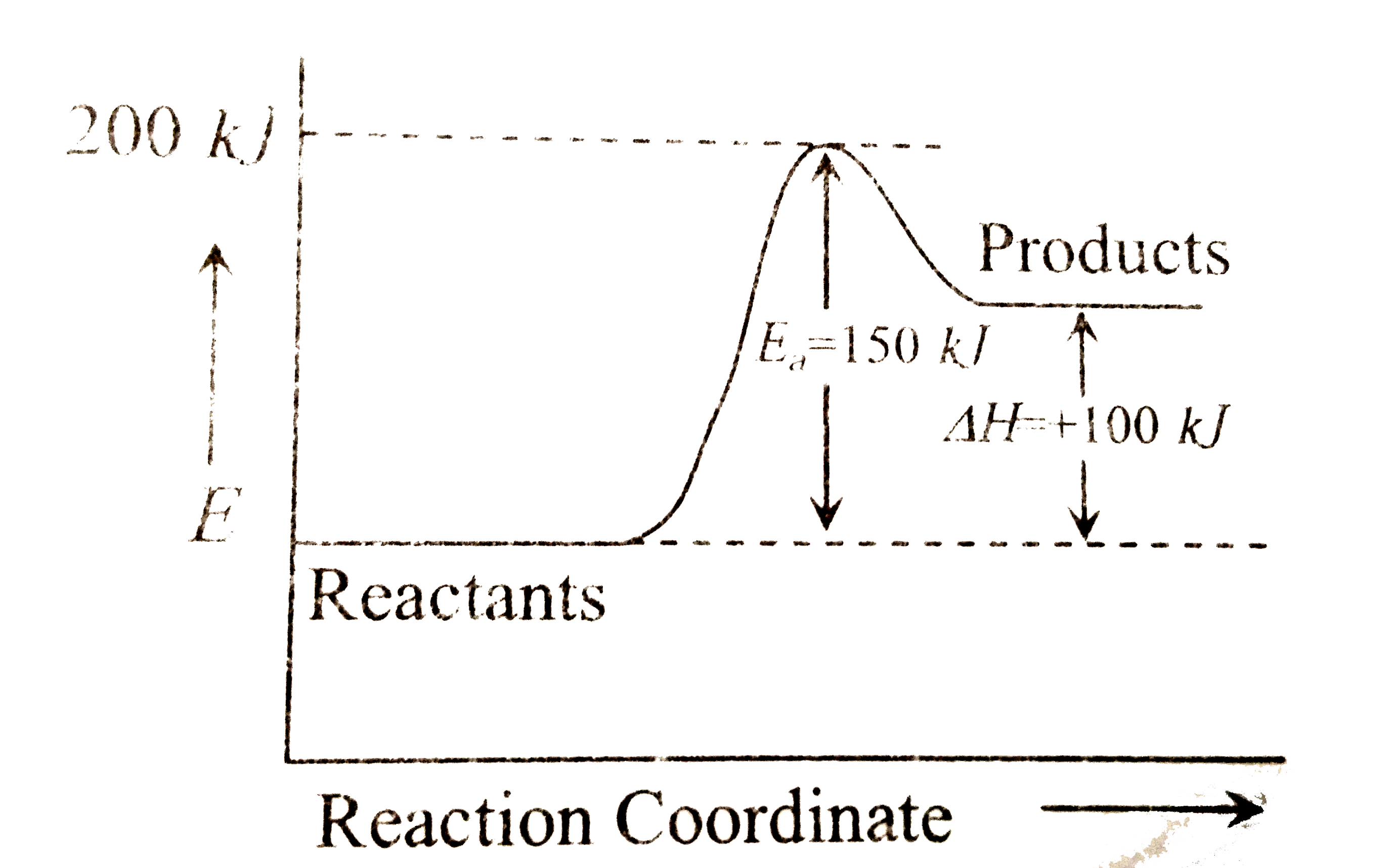If activation energy, Ea of the reaction is equal to RT then
The rate of reaction will be independent on initial concentration of reactant.
The rate constant becomes approximately equal to 37% of the Arrhenius constant
The rate of reaction becomes infinite
The rate of reaction always be first order.
The correct Answer is:B
Step by step video, text & image solution for If activation energy, E_(a) of the reaction is equal to RT then by Chemistry experts to help you in doubts & scoring excellent marks in Class 12 exams.
Updated on:21/07/2023Topper's Solved these Questions
Similar Questions
Knowledge Check
Arrhenius equation k=Ae−Ea/RT
If the activation energy of the reaction is found to be equal to RT then,Athe rate of reaction oes not depnend upon initial concentrationBthe rate constant becomes about 37% of the Arrhenius constant ACthe rate constant becomes equal to 37% of the Arrhenius constant ADthe rate of the reaction becomes inifinite or zeroArrhenius equation k=Ae−Ea/RT If the activation energy of the reaction is found to be equal to RT, then [given : 1e=0.3679]
Athe rate of reactions does not depend upon initial concentrationBthe rate constant becomes about 37% of the Arrhenius constant ACthe rate constant becomes equal to 73% of the Arrhenius constant ADthe rate of the reaction becomes infinite of zeroThe temperature dependence of rate constant (k) of a chemical reaction is written in terms of Arrhenius equation, k=Ae−Ea/RT) Activation energy (Ea) of the reaction can be calculate by plotting
Alogkvs1TBlogkvs1logTCkvs.TDkvs1logT
The activation energy of reaction is equal to
View SolutionIn the given graph the activation energy, Ea for the reverse reaction will be

Activation energy for the reverse reaction will be
View SolutionThe temperature dependence of rate constant (k) of a chemical reaction is written in terms of Arrhenius equation, k=Ae−Ea/RT) Activation energy (Ea) of the reaction can be calculate by plotting
View SolutionThe temperature dependence of rate constant (k) of a chemical reaction is written in terms of Arrhenius equation, k=Ae−Ea/RT) Activation energy (Ea) of the reaction can be calculate by plotting
View SolutionThe temperature dependence of rate constant (k) of a chemical reaction is written in terms of Arrhenius equation, k=Ae−Ea/RT) Activation energy (Ea) of the reaction can be calculate by plotting
View Solution


